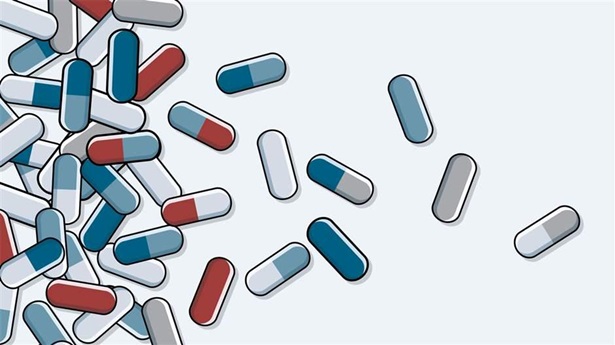Overdraft Frequency and Payday Borrowing
An analysis of characteristics associated with overdrafters
Overview
According to an analysis of banks’ account data published by the Consumer Financial Protection Bureau in July 2014, “a relatively small number of account holders are responsible for most overdrafts.” (Specifically, the report found, 8.3 percent of account holders who overdraw more than 10 times per year are responsible for 73.7 percent of overdraft fees.1) A 2008 study by the Federal Deposit Insurance Corp. came to similar conclusions.2 This brief builds on this evidence base by analyzing Pew survey data from 2013 to compare the experiences and characteristics of “high-frequency” and “low-frequency” overdrafters, as well as the relationship of overdraft to use of payday loans.
Pew research has found that 10 percent of U.S. adults have overdrawn their checking accounts using their debit card in the preceding year.3 Approximately 6 percent are low-frequency overdrafters—those who paid one to three overdraft penalty fees using their debit/ATM card over that year—and 4 percent are high-frequency overdrafters, having paid four or more such fees in the same period.
Among the key findings of this analysis:
- The last time each group incurred fees for a negative checking account balance, high-frequency overdrafters paid nearly twice as much as low-frequency overdrafters.
- Payday borrowers are more likely than nonborrowers to overdraw with their debit cards: About 12 percent of payday customers are low-frequency overdrafters and about 9 percent are high-frequency, compared with 6 percent and 4 percent, respectively, of the general population.
- Nearly one-quarter of low-frequency overdrafters and one-third of high-frequency overdrafters closed a checking account in response to overdraft fees, illustrating the need for new overdraft rules that apply to all customers.
Endnotes
- Consumer Financial Protection Bureau, “Data Point: Checking Account Overdraft” (July 2014), 11, http://files.consumerfinance.gov/f/201407_cfpb_report_data-point_overdrafts.pdf.
- Federal Deposit Insurance Corp., FDIC Study of Bank Overdraft Programs (November 2008), 76, https://www.fdic.gov/bank/analytical/overdraft/FDIC138_Report_Final_v508.pdf.
- The Pew Charitable Trusts, Overdrawn: Persistent Confusion and Concern About Bank Overdraft Practices (June 2014), 1, http://www.pewtrusts.org/~/media/Assets/2014/06/26/Safe_Checking_Overdraft_Survey _Report.pdf. The overdrafters in the report and this issue brief are checking account holders who paid a penalty fee for overdrawing their account with a debit card at an ATM or the point of sale. Those who had an overdraft penalty fee waived, had overdrawn by a check or Automated Clearing House (ACH) transaction, or had their negative balance covered by an overdraft transfer program are not included in this analysis.











